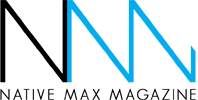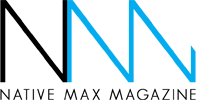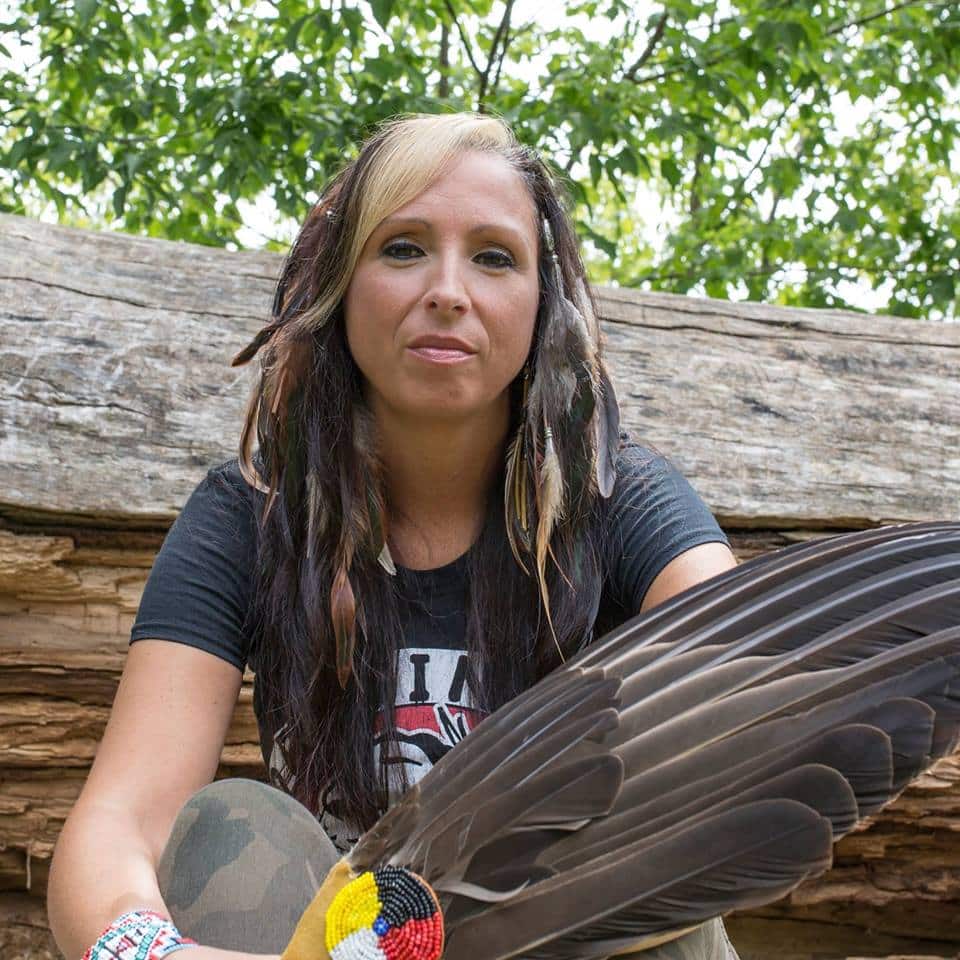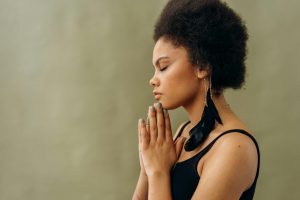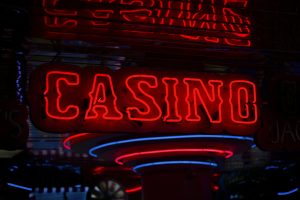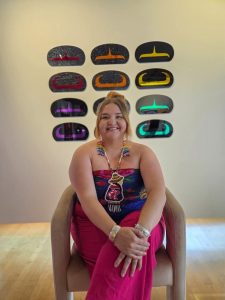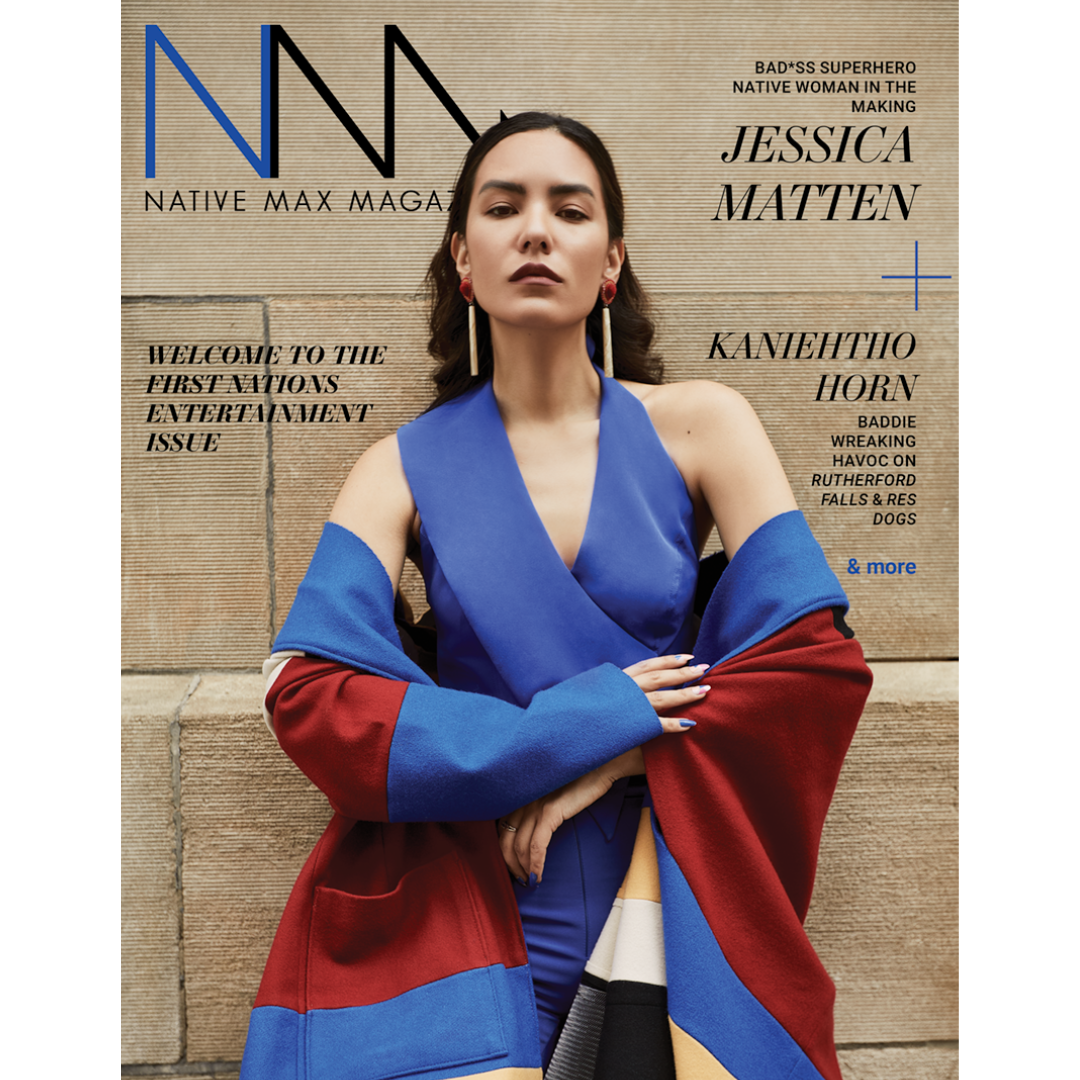Select a subscription plans
You need a subscription to access this content.
Dr. Pamela Palmater, a Mi’kmaw citizen and member of the Eel River Bar First Nation, was an activist long before most. Born in a large family active in politics, organizing, and advocacy, Pamela attended community meetings, negotiations, and more as a young child. She was able to learn how to assert and defend Native sovereignty, rights, and lands. Now, Pamela has four University degrees (including a BA in Native Studies from St. Thomas, an LLB from the University of New Brunswick, and a Master’s and Doctorate in Law from Dalhousie University Law School specializing in Indigenous and constitutional law).
Pamela has been a practicing lawyer for twenty-two years and is currently a Professor and the Chair of Indigenous Governance at Ryerson University. For over thirty years, Pamela has studied, volunteered, and worked on various social, political, and legal issues impacting First Nations people. She has been recognized with many awards and honors for her social justice advocacy on behalf of First Nations generally, Indigenous women and children specifically, and most recently for her work related to murdered and missing Indigenous women. Lately, Pamela has been reaching the younger generation by presenting her activism work through publications, books, blogs, podcasts, and social media platforms.
We sat down with Pamela to discuss her activism, her becoming a lawyer for First Nations people, and her focus on decolonizing and revitalizing on her podcast, Warrior Life.
Kelly: Thank you for joining us, Pamela. Where are you from?
Pamela: I’m a member of Ugpi’ganjig, also known as Eel River Bar First Nation in northern New Brunswick. It’s part of the larger Mi’kmaw Nation. Our traditional territory includes Nova Scotia and PEI, as well as parts of New Brunswick, Quebec, Newfoundland, and even parts of Maine, USA.
Kelly: Would you please share a bit of yourself with us?
Pamela: I come from a large family of eight sisters and four brothers (four of whom have passed on), most of whom were active in Native politics, organizing, and advocacy when I was younger. They brought me to every community meeting, government negotiation, protest, rally, and organizing session there was, so I’d learn how to assert and defend our sovereignty, lands, and peoples. I was a single mother of two boys, Mitchell and Jeremy, who grew up into thoughtful, compassionate men who care very much about our Mi’kmaw culture and identity and justice for Native peoples generally.
Kelly: When did you decide to become a lawyer?
Pamela: I’m not sure exactly when it happened. Still, I was encouraged by my extended family, friends, and other Native people I had met who were actively engaged in community-based advocacy. After my experience working and volunteering in community groups and organizations providing services to Native peoples living off-reserve, I thought having a law degree might make me more effective in challenging unjust government laws that continue to dispossess and oppress our peoples.
Kelly: In addition to being a lawyer, you’re also a writer and educator who educates and inspires across several platforms. How do you accomplish this, and how does this help your mission of educating others about social justice?
Pamela: As a young child growing up in an activist family, I learned that access to information and critical analysis was essential to developing political positions and strategies necessary to assert and defend our rights as Native peoples effectively. Through the work of other advocates engaged in community information sessions, workshops, and meetings, I saw that education helps empower people to know their rights and take action. I also learned that just as people are connected to their Nations in different ways, so too do they seek out, understand, and absorb information in different ways. For example, some prefer community gatherings to hear directly from leaders and advocates about what is happening and options for action. In contrast, others prefer to read written reports and documents and consider them before deciding on engaging at the community level about the next steps. And, of course, social media has changed everything regarding access to information and the ability to educate and organize online.
So, part of my public outreach and education is to create content to reach people who engage on various platforms, from op-eds, blogs, podcasts, and videos to live online events and even TikTok. This is important because while our presence in mainstream media continues to grow and is an essential educational tool, it is still limited. So, we have to engage at every level. One of the most effective educational tools is Native media in all its forms: TV, radio, magazines, newspapers, and Native social media, like Native TikTok and, of course, Native Max. We are more informed and empowered, but so too are our Canadian and American allies, friends, and supporters, who help push social justice and earth justice forward.
Kelly: In all of the studying, volunteering, and working on First Nation issues you’ve done for over 30 years, what are some common issues you learned of, and have there been any changes you noticed (or lack thereof)? How does this help you in your social justice advocacy?
Pamela: The most significant change I have seen is our people–despite dealing with generations of violent colonization, genocidal laws and policies, land dispossession, widespread systemic racism, and intergenerational trauma–continue to share their love, compassion, and commitment to protecting our cultures, identities, laws, governing practices, sovereignty, lands, and peoples. Our people are warriors in mind, body, and spirit. Every day and in every way we navigate the minefield that is colonial oppression and dispossession, we ensure our nations’ existence on our lands for the next generation. That inspires me every single day to keep educating, advocating, and taking action to protect our warrior peoples.
Kelly: You also host and produce the podcast Warrior Life. What is the warrior life? How does this podcast focus on decolonizing and revitalizing?
Pamela: I had no idea when I started the Warrior Life Podcast and how it would roll out. My experience was more in writing or public speaking, but my sons suggested that I try to reach more people through alternative formats like podcasts. At the time, I didn’t listen to podcasts, so I wasn’t engaged on that front. Still, my sons assured me that I would reach a wider audience, a younger audience, and one that was actively involved in intentional learning since people seek out podcasts for that purpose. So, I started with the general idea that I would talk about the warrior spirit I see in our people reflected in so many different ways. Although it began as just me sharing my ideas and perspectives, I soon thought that it would be better if my listeners could hear from warriors on the ground doing meaningful work. So, I started reaching out to Native land defenders, water protectors, lawyers, professors, artists, and advocates who represented our peoples in profound ways.
My podcast morphed into something very special, and it turned out to be as educational for me as for my listeners. I literally cannot wait to interview each guest and see what more I can learn from the diverse sovereign nations all over Canada and the USA, such as Turtle Island. I chose Warrior Life because, over the years, I came to understand that warrior life is a commitment to yourself, your family, your community, house, clan, village, and nation that is based on love, compassion, understanding, responsibility, and protection. Those are the values and lessons I had learned from all the warriors from First Nations and tribes I have ever worked with, and I wanted to share this knowledge. I also wanted people to see that people can be warriors in different ways and that our peoples are engaged at many levels in resistance and resurgence, decolonization, and revitalization. This is important because while we resist ongoing attempts to assimilate, we must also ensure we have people engaged in the resurgence of our traditional laws and governing practices. The same holds true for decolonization. While we take steps to unlearn colonial ways, we must ensure that we learn our ways and revitalize our cultures after all the damage that has been done. There is a role for everyone.
Kelly: Warrior Life receives many positive reviews and comments; why do you think the podcast is well-received and appreciated?
Pamela: I think people most appreciate hearing from our warriors on the ground: community members, people in our families, and people just like us. While I have interviewed a few famous Native peeps, for the most part, I think people see themselves, their communities, their struggles, and their successes reflected in these podcasts. The positive messaging and calls-to-action also help inspire people to take action and know how to help, which is essential to generate momentum. It also helps educate non-Native people who want to know more, be allies, friends, and supporters, to hear from people from all different nations, and understand that we are not one race of Indians but, instead, many powerful sovereign nations with a lot to share with the world. The unique part is that we can learn from elders, traditional leaders, elected leaders, land defenders and water protectors, politicians, artists, and even chefs who each contribute to our Nations in unique ways. I was excited to see my podcast featured at the ImagineNATIVE Film and Audio Festival, which features works from Native peoples all over Canada and the USA.
Kelly: Who should we look forward to hearing on Warrior Life?
Pamela: Upcoming shows will continue to feature Native people from all over Canada and the USA who demonstrate warrior spirit in fighting for and representing our peoples and nations. I also plan to include more of my recorded speeches and lectures related to current media issues. This summer, while everyone is on vacation, I will be sharing recordings of my Reconciliation Book Club featured on my YouTube channel.
Kelly: What are some of the issues you’ve focused on recently?
Pamela: Recently, we have addressed Canada’s failure to come up with a plan to end the genocide that is missing and murdered Indigenous women and girls, understanding the United Nations Declaration on the Rights of Indigenous Peoples and how hard Indigenous peoples all over the world worked to bring it to fruition; Inuit culture and current land issues facing them, as well as systemic racism in healthcare and how this leads to serious illness, injury, and deaths of Native peoples.
Kelly: Through all of the work you do, how do you take care of yourself?
Pamela: I like walking, running, and biking by the lake. It gives me time to rest my brain, breathe in the fresh air, take care of my body, and reflect on how much I appreciate this planet, nation, and family.
Kelly: Is there anything else you’d like to add?
Pamela: There has been so much positive response to my Warrior Life Podcast that people kept asking me if I had resources for kids, so I started a Warrior Kids Podcast! It is just new, but it was featured in the ImagineNATIVE festival last year. It is part of the Kids Listen group of podcasts for kids and recently won the Mom’s Choice Awards. I hope to get some assistance in writing and producing this kids’ podcast in the year to come because I think our kids need to see themselves reflected everywhere!
Facebook: Pam Palmater
FB Page: Pam Palmater Media
TikTok: Pampalmater
Twitter: Pam_Palmater
LinkedIn: Pam Palmater
Instagram: Pam_Palmater
Pinterest: Pam Palmater
Podcast: www.soundcloud.com/pampalmater
YouTube: www.youtube.com/c/PamPalmaterchannel
Blog: www.indigenousnationhood.blogspot.com
Web: www.pampalmater.com
Kids Podcast: https://www.soundcloud.com/warriorkidspodcast
Kids website: https://www.warriorkidspodcast.com/
